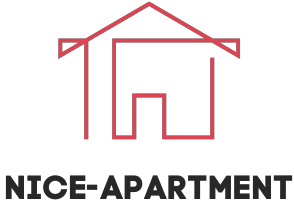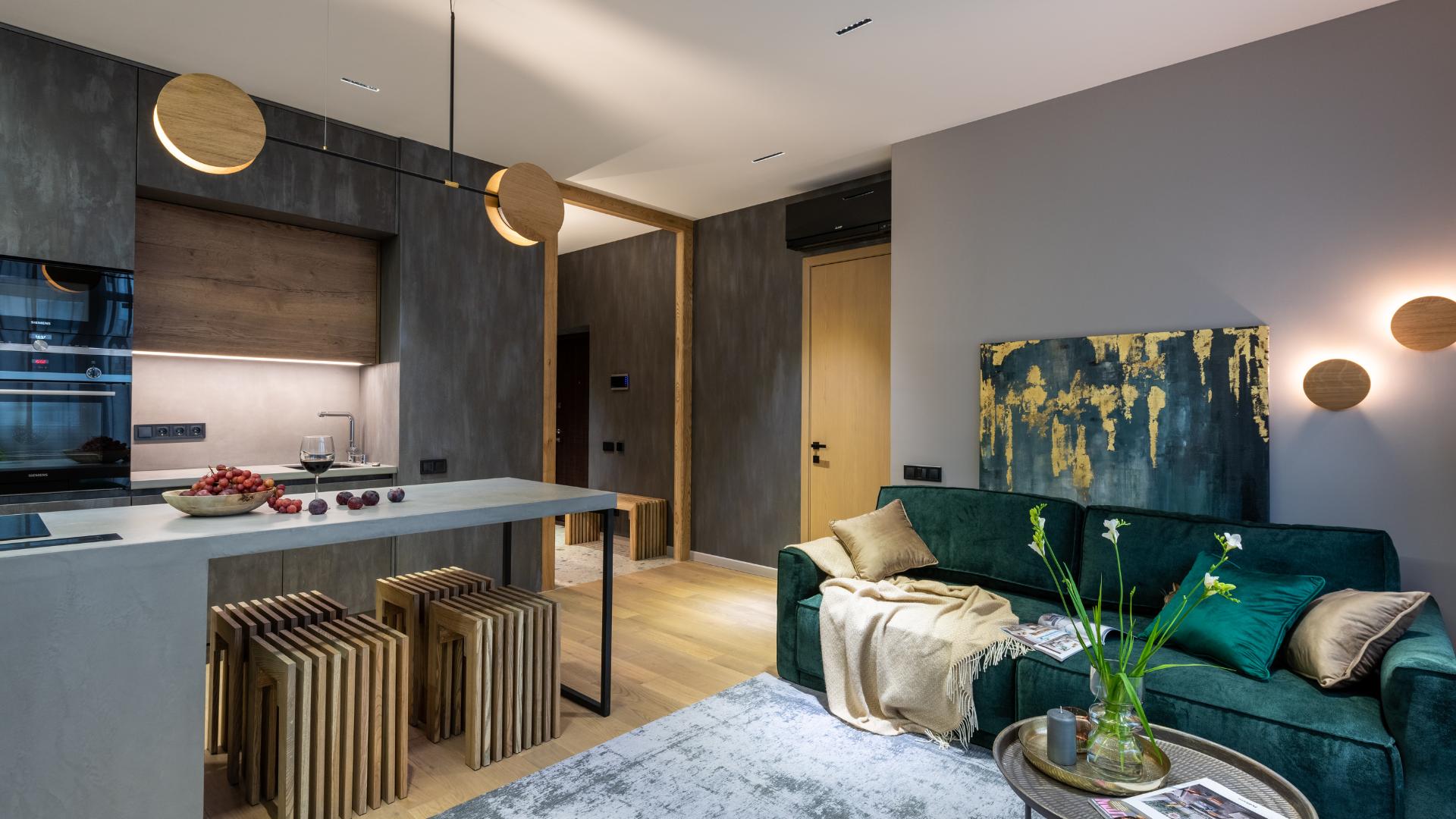The decision to rent an apartment is a significant one in today’s fast-paced and ever-changing real estate market. Whether you are a young professional looking for your first place, a family looking to downsize, or someone seeking a change of scenery, it is essential to weigh the pros and cons of renting an apartment before making a decision. In this comprehensive guide, we will discuss the various factors that you should consider when deciding whether renting an apartment is the right choice for you.
Financial Considerations: Costs and Savings
One of the most important factors to consider when deciding whether to rent an apartment is the financial aspect. Renting an apartment often comes with a smaller upfront cost compared to buying a house, as you are not required to pay a mortgage or make a down payment. Additionally, renters often do not have to worry about property taxes and other long-term costs associated with homeownership.
However, it is also essential to consider that the money you pay towards rent does not contribute to equity or the potential for long-term capital growth. Conversely, when you purchase a home, each mortgage payment is an investment in an asset that may increase in value over time. Additionally, homeowners can take advantage of tax benefits such as mortgage interest deductions and property tax deductions, which can help offset the costs of owning a home.
When considering the financial pros and cons of renting an apartment, it is crucial to evaluate your current financial situation, your long-term financial goals, and the local real estate market. If you are not in a position to make a large down payment or commit to a mortgage, renting may be a more affordable and flexible option.
Flexibility and Mobility
Another significant advantage of renting an apartment is the flexibility it offers. Most rental agreements have a lease term of one year, which gives you the freedom to move at the end of your lease without any significant financial penalties. This is particularly beneficial for those who may need to relocate for work or other personal reasons. In contrast, homeowners are often tied to their property and may face more substantial financial and logistical challenges when moving.
On the other hand, renting can also come with some drawbacks in terms of stability. For example, your landlord may choose not to renew your lease or may increase the rent, which can force you to move unexpectedly. As a renter, you also have less control over your living space, as any alterations or improvements to the property typically require the landlord’s approval.
Maintenance and Responsibilities
One of the most significant benefits of renting an apartment is that you are not responsible for property maintenance and repairs. Most landlords will take care of any maintenance issues that arise, which can save you time, money, and hassle. This is particularly appealing for those who do not have the skills, resources, or desire to handle property maintenance themselves.
However, this lack of responsibility can also be a downside for some renters. You may feel limited in your ability to personalize your living space or make improvements that could enhance your quality of life. Additionally, you may find that some landlords are slow or unresponsive when it comes to addressing maintenance concerns, which can be frustrating and impact your overall satisfaction with your living situation.
Apartment Living: Social and Community Aspects
Lastly, it is essential to consider the social and community aspects of apartment living when weighing the pros and cons of renting. Apartment buildings often come with shared amenities such as fitness centers, pools, and common areas, which can provide opportunities for socializing and building a sense of community with your neighbors. This can be particularly beneficial for those who may be new to an area or looking to expand their social circle.
However, apartment living can also come with some challenges in terms of privacy and noise. As you are living in close proximity to your neighbors, you may experience more noise and disturbances than you would in a single-family home. Additionally, shared spaces and amenities can sometimes lead to conflicts or tension among residents.
The decision to rent an apartment ultimately depends on your individual needs, preferences, and circumstances. Renting offers many benefits, including lower upfront costs, flexibility, and freedom from maintenance responsibilities. However, there are also drawbacks to consider, such as a lack of equity, potential instability, and limitations in personalizing your living space.
To make the best decision for your situation, weigh the pros and cons of renting an apartment carefully, considering factors such as your financial situation, lifestyle preferences, and long-term goals. By taking the time to evaluate these factors thoroughly, you can make an informed decision that will contribute to your overall happiness and satisfaction in your living environment.

